Changing seasons in politics herald stormy autumn
- Published
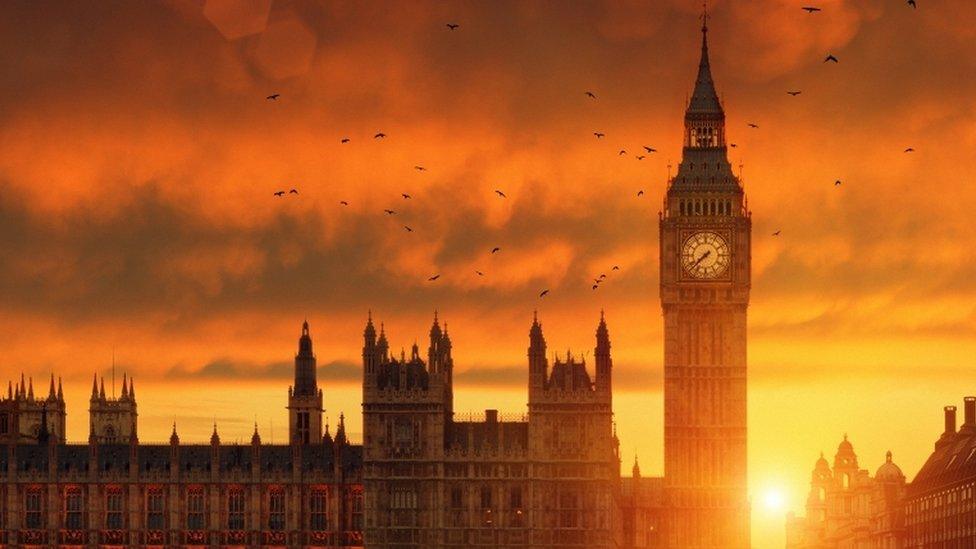
The MPs have returned to Westminster after their conferences. So what happens now?
Just as the nights draw in and the leaves fall thick and fast, so the party conference season gives way to what's bound to be a stormy autumn now that MPs have returned to Westminster.
Questions galore are blowing in these seasonal winds: will Theresa May do a deal with the EU? What if she doesn't? Even if she does, can she sell it to her own party, let alone Parliament in general and the DUP in particular?
And what will it all mean for our Midlands manufacturing companies? Jaguar Land Rover warn of "tens of thousands" of local job losses if it's a bad deal. While JCB announce record global sales in a carefully-timed message on the eve of the Tory conference. But behind the headlines, the smaller companies in the supply chain may find themselves more exposed to any resulting economic highs or lows.
By the time we pass from autumn into winter we should know the answers to these questions and more. So what have the conferences left behind by way of clues?
It's not just what happens if Mrs May comes back with, or without, a deal. What would Labour do in either event? "Press for an election if Parliament can't agree" is what Jeremy Corbyn told me, on the eve of his conference. That was on the record of course.
But what are his MPs saying in private, especially if the Prime Minister does, in fact, secure an agreement with the EU? As Labour's conference was getting under way, I talked to a senior local MP on the unattributable "lobby terms" so beloved by us journalists and yet so annoying to virtually everyone else.
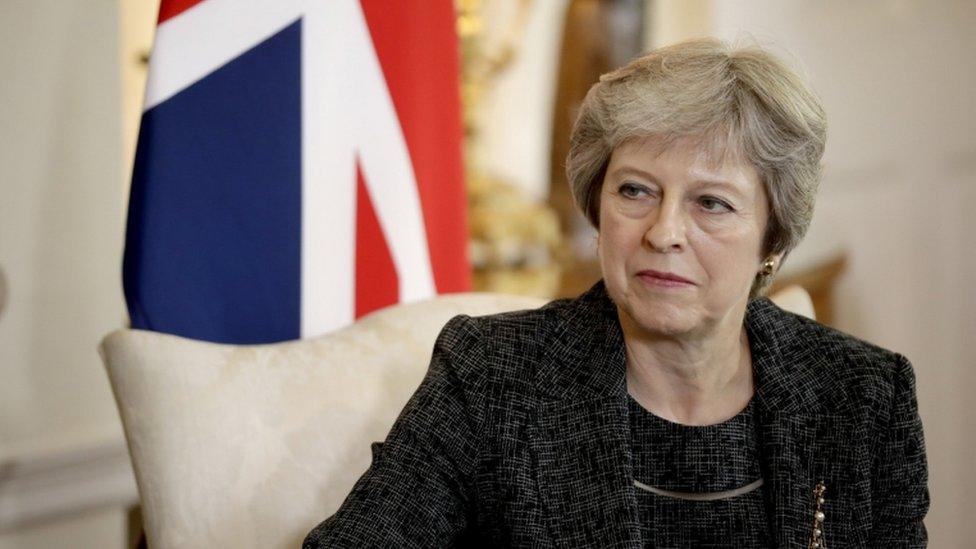
Will Theresa May do a deal with the EU
I reminded them the Shadow Foreign Secretary Emily Thornberry had told the Financial Times that whatever the deal Mrs May delivered, Labour MPs would almost certainly vote against it in order to block Brexit and in the hope of bringing down the Government. "Would your Parliamentary colleagues really vote solidly against a settlement endorsed by European leaders including Angela Merkel and Emmanuel Macron?" I asked.
"No they wouldn't." Next question: "How many?"
No answer.
For now we'll just have to guess how many Labour MPs might side with the government and offset the threatened backbench revolts on the government's own benches.
These questions cut through our two biggest parties as they do between them, leaving the Liberal Democrats looking small but beautifully united. I asked Sir Vince Cable what overtures he had made to those "moderate" Labour MPs (of whom we have so many here in the Midlands) in the light of that much-talked-about "realignment of the Centre-Left".
"Many of them are people for whom I have great respect," he told me, not bothering to deny the "overtures". "How have they responded?" I asked.
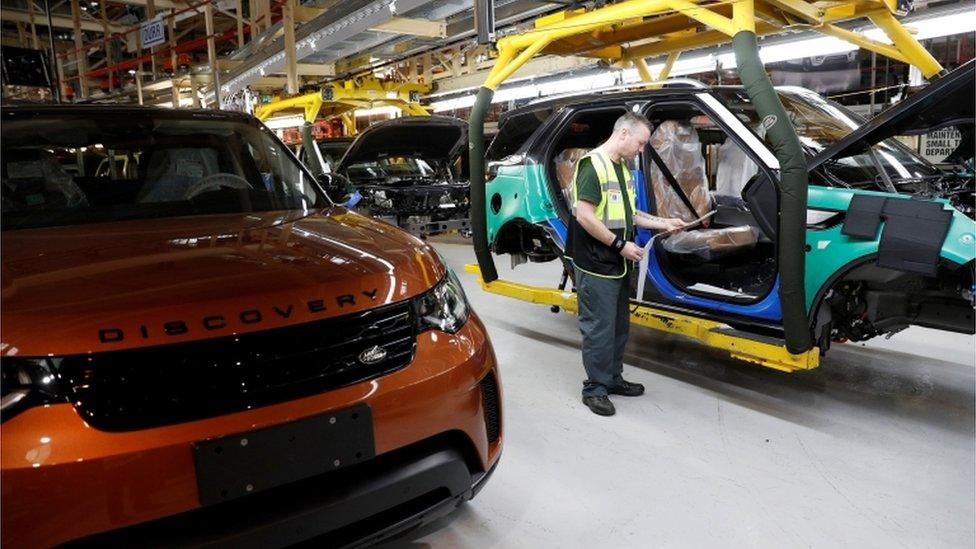
Jaguar Land Rover warn of "tens of thousands" of local job losses if there's a bad Brexit deal.
"I think they're just waiting to see how the party conference plays out."
In the event, Labour's conference has made it more difficult than ever to discern what exactly any Labour rebels might be rebelling against! "All options are still on the table": including a further referendum, no further referendum, "respecting the outcome of the referendum" or, alternatively, "remaining in the EU". Brilliant tactics or, as Theresa May puts it, "playing politics"? You pays your money and you takes your choice.
"Seeing which way the wind blows" is how the Attorney General, Geoffrey Cox, described it during his rousing warm-up speech for Mrs May on that final morning of the Conservative Party Conference in Birmingham.
This, I promise, will be my final reference to the political weather: if only for now.....
"You can't always get what you want"
The Tories' party managers have no doubt been congratulating themselves on a successful damage limitation exercise in Birmingham: no blood on those ICC carpets.
But in the nooks and corners of the centre and of the conference hotel, the ministerial manoeuvres in the dark and conspiratorial huddles told their own story.
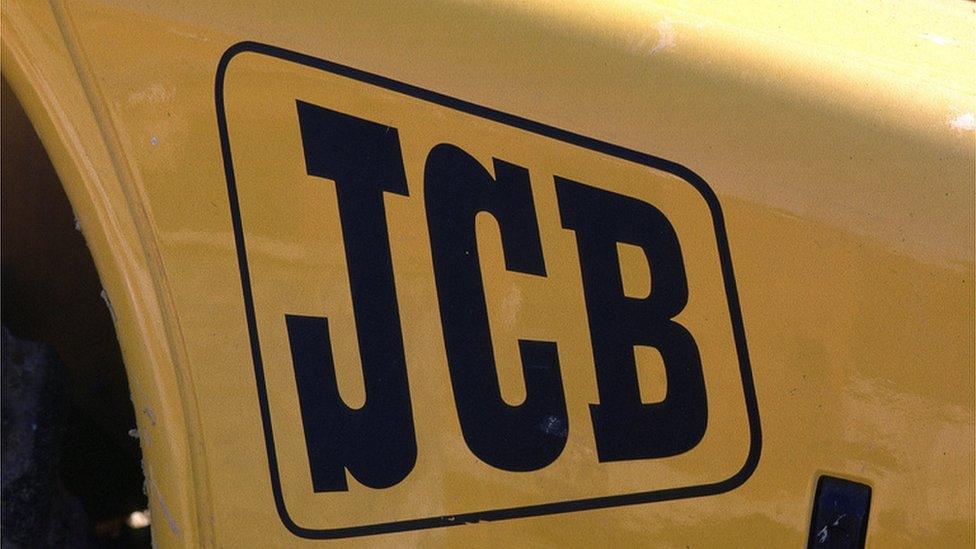
Meanwhile, JCB announce record global sales
One local backbencher told me that a West Midlands party event, normally attended by the prime minister, was addressed instead by three cabinet ministers "in order to protect her". They all delivered speeches which sounded very much like leadership bids, "and that did not go down well at all!"
So Mrs May has secured her position for now. But in the shadows the talk is of when rather than if: immediately after Brexit? Next summer? We'll see.
It occurred to me that there was an irony in all this: a generation of political leaders who must surely have come into public life hoping to give their electorates more or less what they want, are now lining up to tell them they can't have it.
So what if Boris Johnson did indeed urge 1,500 people crammed into Hall One to "chuck Chequers"?
Next day Theresa May's keynote speech made no mention of Chequers. Lichfield's Leave-supporting Conservative MP Michael Fabricant tweeted: "It was just our first offer. As ever, as in all negotiations, there will be compromises on both sides."
Perhaps she can't have things her own way any more than either the Brexiters or Remainers can.
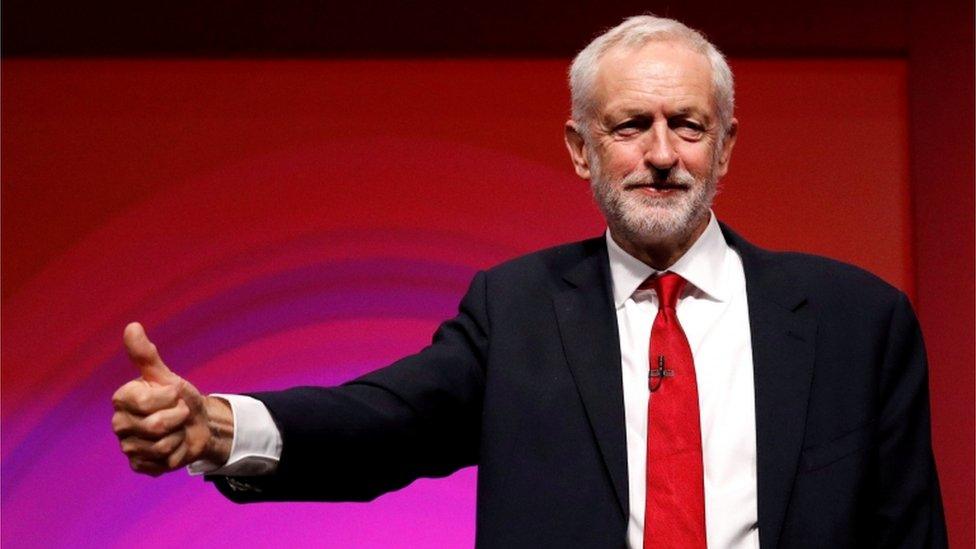
On the record, Jeremy Corbyn says Labour will press for an election if Parliament can't agree
One of Mr Fabricant's fellow Leave-supporters, the aforementioned Geoffrey Cox, warned the conference that it was "time to grow up". He recalled one of the Rolling Stones' great classics:
"You can't always get what you want."
Maybe he should also have mentioned the song's next two lines:
"But if you try, sometimes you find
You get what you need."